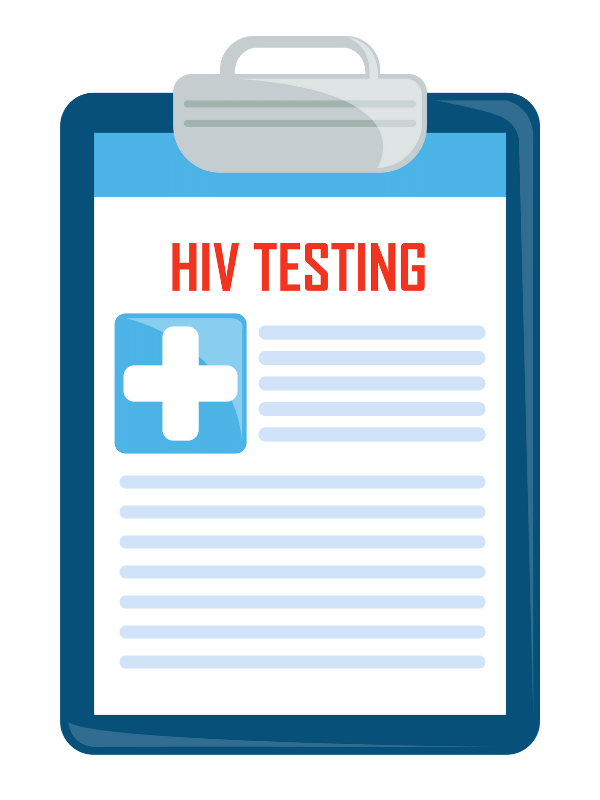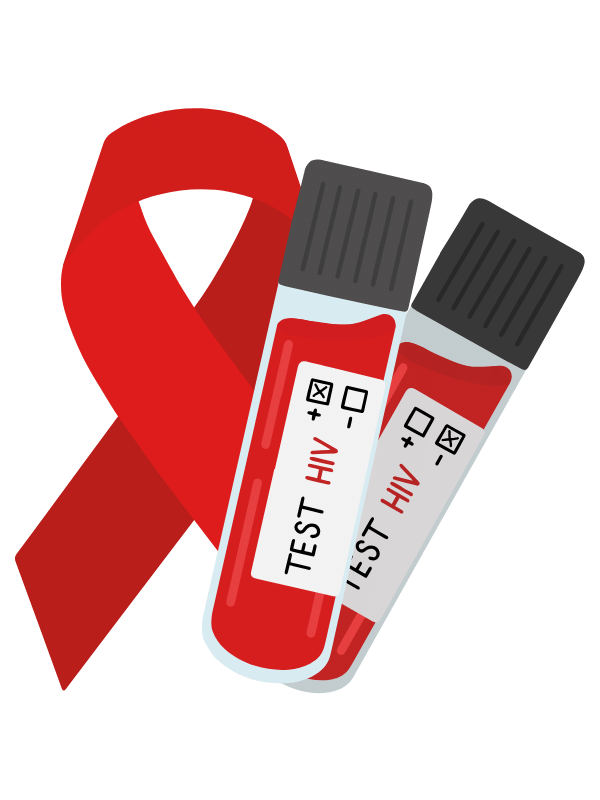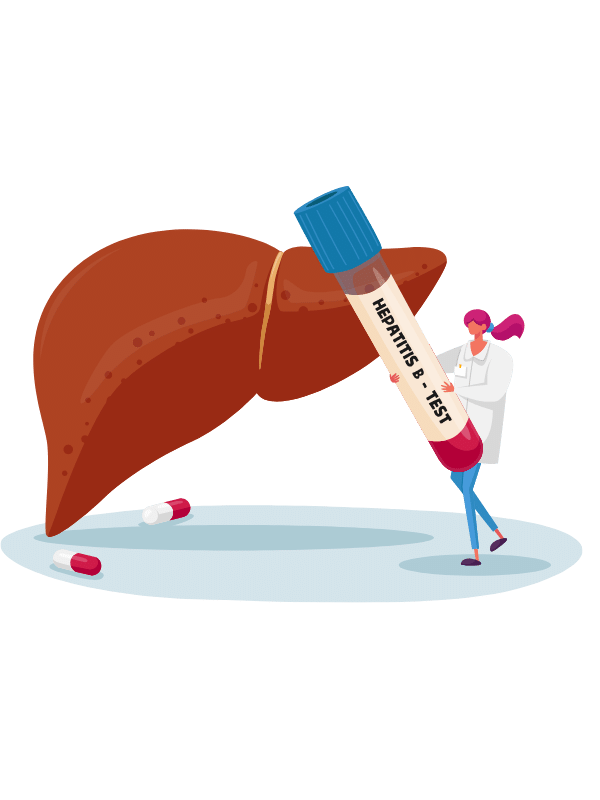
Infectious Disease Tests
Infectious Disease Tests
Infectious disease tests are vital tools used by healthcare professionals to diagnose various infections caused by bacteria, viruses, fungi, or parasites. These tests help identify specific pathogens and guide appropriate treatment strategies to prevent the spread of infectious diseases.

Infectious Diseases
- Respiratory Infections
- Gastrointestinal Infections
- Sexually Transmitted Infections
- Vector-Borne Diseases
- Zoonotic Diseases
Precautions
- Frequent Handwashing
- Practice Respiratory Hygiene
- Avoid Close Contact
- Stay Home When Sick
- Practice Food Safety
Common Infectious Diseases and Their Symptoms
Respiratory Infections:
- Influenza (Flu): Caused by influenza viruses, leading to symptoms such as fever, cough, sore throat, body aches, and fatigue.
- Common Cold: Usually caused by rhinoviruses, resulting in symptoms like runny or stuffy nose, sneezing, sore throat, and cough.
- Pneumonia: Inflammation of the lungs caused by various pathogens, including bacteria, viruses, and fungi, leading to symptoms such as cough, fever, chest pain, and difficulty breathing.
Gastrointestinal Infections:
- Gastroenteritis: Inflammation of the stomach and intestines, commonly caused by viruses (e.g., norovirus, rotavirus) or bacteria (e.g., Salmonella, Escherichia coli), leading to symptoms like diarrhea, vomiting, abdominal pain, and fever.
- Hepatitis: Inflammation of the liver caused by hepatitis viruses (e.g., Hepatitis A, B, C), resulting in symptoms such as jaundice, fatigue, abdominal pain, nausea, and vomiting.
Sexually Transmitted Infections (STIs):
- HIV/AIDS: Human Immunodeficiency Virus (HIV) weakens the immune system, leading to Acquired Immunodeficiency Syndrome (AIDS) and increasing the risk of opportunistic infections and certain cancers.
- Chlamydia: Caused by the bacterium Chlamydia trachomatis, often asymptomatic but can lead to complications such as pelvic inflammatory disease (PID) and infertility if left untreated.
- Gonorrhea: Caused by the bacterium Neisseria gonorrhoeae, leading to symptoms such as painful urination, genital discharge, and in some cases, pelvic or testicular pain.
Vector-Borne Diseases:
- Malaria: Caused by Plasmodium parasites transmitted through the bite of infected mosquitoes, leading to symptoms such as fever, chills, headache, and fatigue.
- Dengue Fever: Caused by dengue viruses transmitted by Aedes mosquitoes, resulting in symptoms like high fever, severe headache, joint and muscle pain, and rash.
- Lyme Disease: Caused by the bacterium Borrelia burgdorferi, transmitted through the bite of infected ticks, leading to symptoms such as rash, fever, headache, and joint pain.
Zoonotic Diseases:
- Rabies: Caused by rabies virus transmitted through the bite of infected animals, leading to symptoms such as fever, headache, muscle spasms, and eventually, neurological symptoms and death if untreated.
- Hantavirus Pulmonary Syndrome (HPS): Caused by hantaviruses carried by rodents, leading to symptoms such as fever, muscle aches, cough, and shortness of breath, which can progress to severe respiratory distress.
These are just a few examples of the many types of infectious diseases that can affect individuals worldwide. Proper hygiene, vaccination, and vector control measures are crucial for preventing the spread of infectious diseases and reducing their impact on public health.


